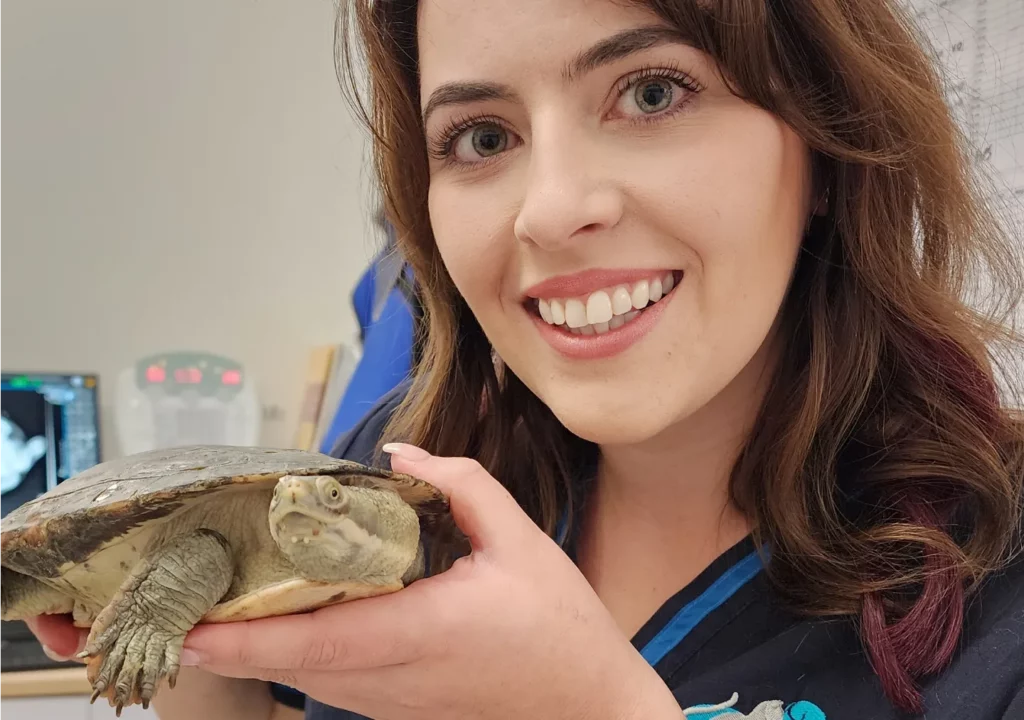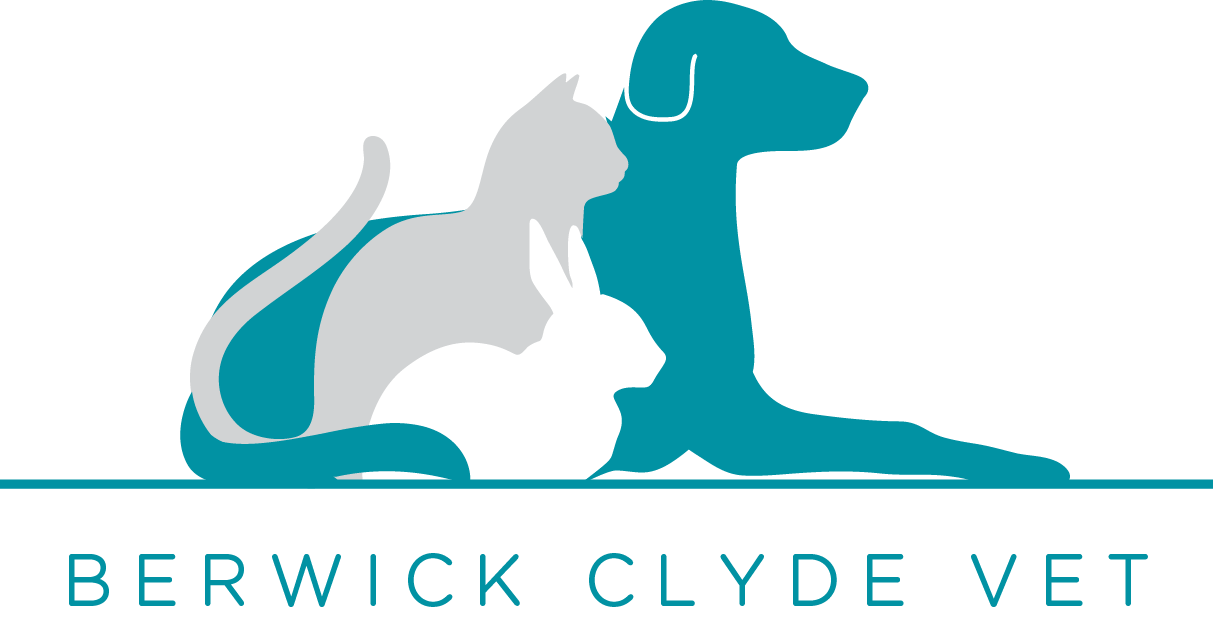We are passionate about the care and treatment of our native wildlife.
Wildlife is always welcome here at Berwick Clyde Vet.
If you find wildlife that needs help, please don’t hesitate to contact our team and ask for advice. There are no costs to you for helping our native wildlife!
We support a number of local wildlife carers who raise and rehabilitate sick, injured and orphaned native animals but the first point of call for any injured wildlife should be the veterinary clinic.

What happens to wildlife at Berwick Clyde Vet?
Like any other patient, wildlife is triaged upon arrival.
This allows us to identify any urgent concerns with the animal and treat accordingly.
We believe in providing the same level of care to an injured bird or possum, as we would to an injured dog or cat.
This includes the use of x-ray, medications and diagnostic testing. We work closely with wildlife vets and hospitals to ensure we can provide the best level of care to our wild buddies.


Where does wildlife go after the vet clinic?
Once a wild animal is vet checked and deemed fit for rehabilitation, we coordinate with local experienced and registered wildlife carers who then continue the animal’s care until it is able to be released back into the wild.
The care and treatment of wildlife is very different to that of dogs and cats. Wildlife require specific foods, housing, milk formulas and medicine as well as quiet places to rest and recover. They are very delicate and should only be cared for by professionals.
How can I help wildlife?
Thanks for asking! There are many ways to help your local wildlife. Below are just a few examples!
Keep your cat indoors!
Pet cats kill 83 million native reptiles and 80 million native birds in Australia each year. Those numbers are heartbreaking!
Help protect our wildlife from your cat’s claws and jaws by keeping them inside – you’ll also help keep your cat safer too!


Do not feed wildlife
Just like our pets, wildlife can become very sick when fed certain human foods, even pet foods! It is not their natural diet and can have detrimental effects on their care and treatment.
Feeding water to a sick, injured, or scared wild animal can be dangerous because they might not be able to swallow properly, leading to aspiration or choking. It’s best to leave the care to trained professionals to avoid further harm and ensure appropriate treatment.
If you want to feed and care for native wildlife at home, do so by planting native trees and foliage in your gardens! Native trees and flowers are often major food sources for possums and nectar eating birds as well as habitats!
Found an animal needing help?
If you find a baby animal, keep it warm and secure in a box somewhere dark and quiet and contact us or Wildlife Victoria for further advice.
Be sure to take note of the rescue location and what is around you so the animal can be returned to its home once it is better.
If you see a dead animal such as a kangaroo or possum on the road, please pull over and when safe, check the pouch for any babies. Joeys can survive for up to 5 days in their dead mother’s pouch before dying of starvation and dehydration. Your actions could save a life!


Make a wildlife kit for your car.
Include gloves, a pillowcase, water, a box & scissors.
Donate!
Wildlife carers are special people who volunteer their time and pay for things with their own pockets!
By donating money, food, newspaper, bedding or even your time to your local wildlife shelter, you are making a HUGE impact on the lives of our native animals!
If you have thought about volunteering with wildlife care, transport or supplying food, check out the below list of local wildlife groups who you could reach out to for more ways to help.



